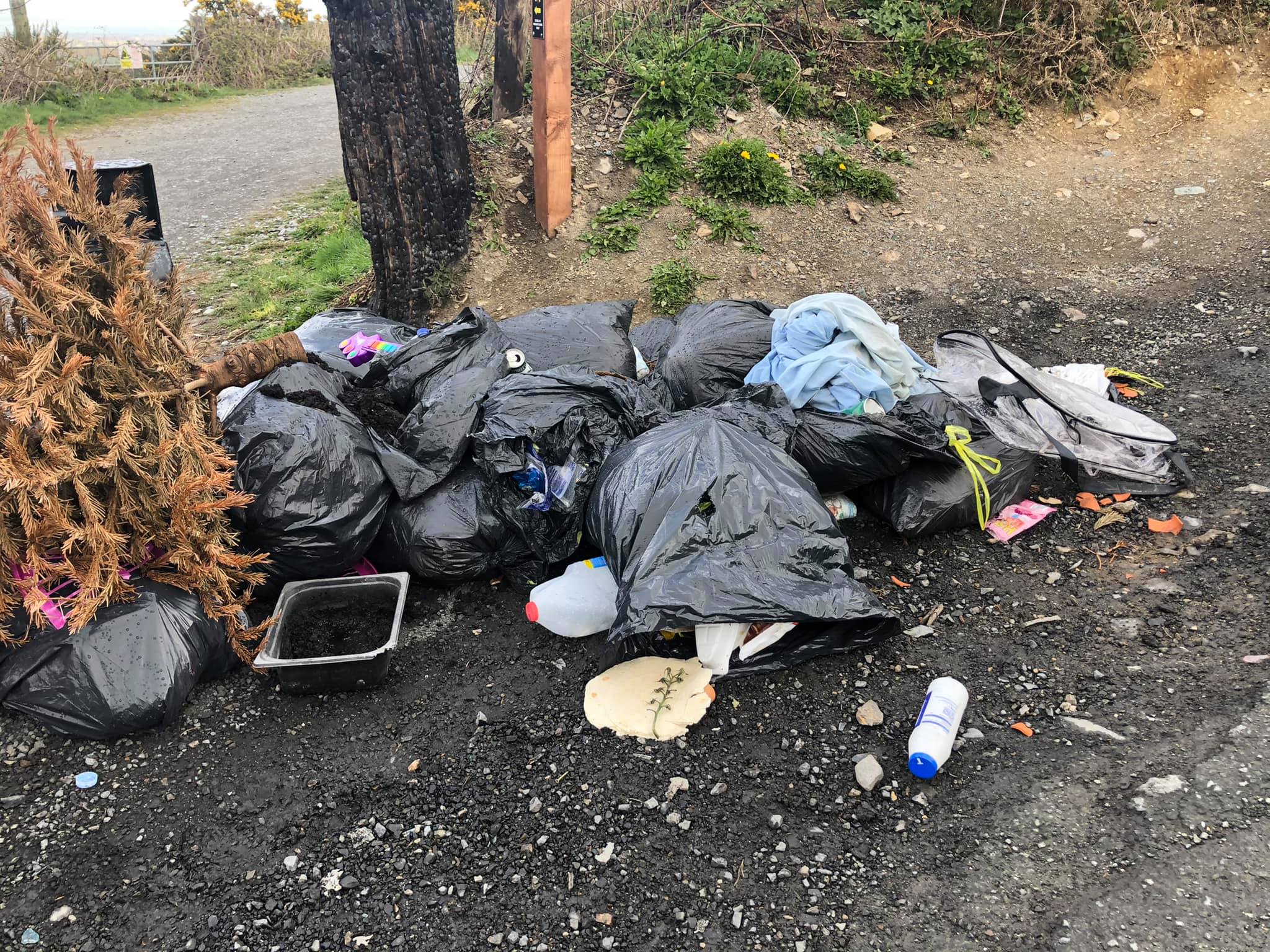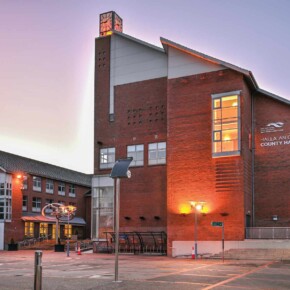Local councils to be given power to use CCTV to catch illegal dumpers
Gary Ibbotson 08 Apr 2022
Local authorities will soon be given powers to use CCTV and other technologies to tackle illegal dumping and littering, according to Minister Ossian Smyth TD.
Under the upcoming Circular Economy Bill 2022, CCTV will be permitted to catch offenders of illegal dumping while also ensuring that there are robust data protection safeguards in place.
While there are many litter black spots across the country, to date, local authorities’ ability to use CCTV to identify and target offenders has been restricted due to data protection regulations.
“While only a minority of citizens illegally dump or burn their waste, the impact of litter and fly-tipped waste on the environment, and often our most beautiful locations, is a blight on our communities,” Smyth said.
“We need to empower local authorities, who are responsible for waste management and enforcement, to target these practices and penalise those responsible.
“The Circular Economy Bill, brought before the Dáil today, will finally make this possible while also protecting the privacy rights of the public.”
The Bill was debated in the Dáil last Wednesday.
Dublin councillors have long been calling for the use of CCTV in helping tackle illegal dumping, particularly in rural areas.
Ian Carey, a Green Party councillor for the Swords area, said in March that fly-tipping is a “very serious, ongoing issue”, and “we have to absolutely try to stop domestic dumping.”
Clontarf councillor Donna Cooney said areas of natural beauty such as Bull Island have been mired with illegal dumping in recent years.
“Groups of volunteers and council workers that clean up this regular dumping need these measures to help prevent and catch the culprits,” she said.
“We really need to empower the local authority, who is responsible for waste management and enforcement, to target these practices and penalise those responsible.
“The Circular Economy Bill, brought before the Dáil this week will finally make this possible, while also protecting the privacy rights of the public and other measures to reduce waste.”
Last year, Labour representative for Clondalkin, Chris O’Dwyer said that CCTV is an “effective deterrent” to illegal dumping.
“Some local authorities are now reporting 40 to 50 incidents of illegal dumping each week, many of these are at locations which have just recently been cleaned at a cost to us all,” he said.
Smyth, who is the Minister of State with responsibility for Communications and Circular Economy, said the bill also marks a shift away from the linear “take, make and waste” model, which relies on a steady supply of natural resources to create products and packaging.
It also has the potential to create sustainable growth and jobs, he says.
“We have to rethink the way we consume the goods and materials we use every day.
“Not only are we producing inordinate levels of waste, 45% of Greenhouse gas emissions come from producing those goods and materials.
“The idea of a circular economy is based on an approach where the value of products, materials and resources is maintained in the economy for as long as possible, and the generation of waste is minimised.
“It also embraces the concept of waste as a resource and a secondary raw material that can be reused and recycled.
“Through a mix of economic incentives and smarter regulation we can achieve far more sustainable patterns of production and consumption,” Smyth says.











